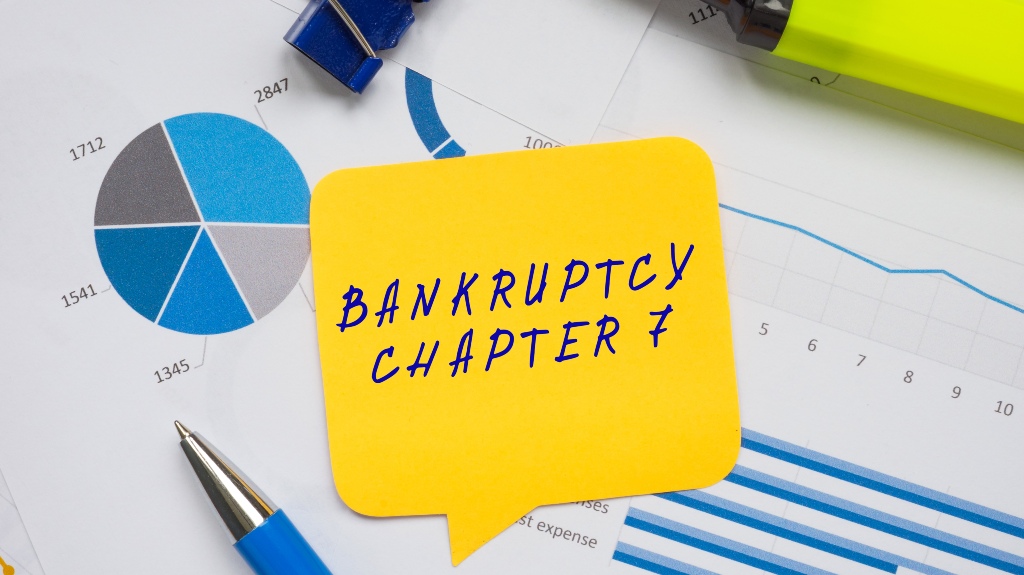
When you formed your business, you likely choose an LLC to protect your personal assets in the event that your company struggled to repay its bills. Once you hit that point, filing for bankruptcy may be the best way to settle your debts. However, there’s more to filing for bankruptcy than meets the eye and you need to understand how filing will impact your LLC. Here’s what your Wisconsin business bankruptcy attorney wants you to know before you proceed with filing for Chapter 7 or Chapter 11 bankruptcy.
Your Business Will Likely Cease Operations
If you file for Chapter 7 bankruptcy, you’ll likely have to cease operations once the filing is in place. That means you’ll likely need to close your doors and stop offering services to customers and clients. Your employees will also be unable to work during this time. Keep in mind that it’s up to the court to decide if you can continue operating as you file for bankruptcy or if you’ll need to stop what you’re doing and wait for the process to unfold.
Filing Chapter 11 bankruptcy can let you keep your doors open during the bankruptcy. But this option isn’t right for everyone. Speak with your attorney to determine which type of bankruptcy is in your best interest.
The LLC’s Assets Will Be Sold Off
When you file for Chapter 7 bankruptcy, the LLC’s assets can be used by the court to settle your outstanding debts. If the business has no appreciable assets to sell off, the creditors will likely have to take a loss. But if you have equipment, inventory, artwork, and other tools of the trade, those items can be sold off and the proceeds may go to your creditors. You won’t be able to keep the equipment, but you will likely be permitted to keep your personal effects in your office.
If you have no assets and are simply burdened by debt, you’ll be able to walk away at this point without having to worry about creditors pursuing you for settlement.
You May Still Be Liable for Personally Guaranteed Debt
If you personally guaranteed any loans or other types of debt, you may still be required to make payments even if the items secured by those debts were used by the business. Why? Because it was a personal guarantee. That means you gave your word, not your business’s word, that you’d make good on the payments.
Chapter 11 Bankruptcies May Let Your Business Continue
If your business is still relatively profitable but you’re not confident that you can continue making payments on your debts at the same rate you have been, filing for Chapter 11 may be a better choice. This type of bankruptcy restructures the business and often lets the company continue running even after the bankruptcy is finished.
Speak With a Wisconsin Business Bankruptcy Attorney
If you’re wondering about how bankruptcy will impact your LLC or aren’t sure which type of bankruptcy will work best for your situation, speak with a Wisconsin business bankruptcy attorney as soon as possible. At Kerkman & Dunn, our team understands that every business is unique. We’ll help you figure out the best step forward for your company and your situation. Contact us today to schedule a consultation.


